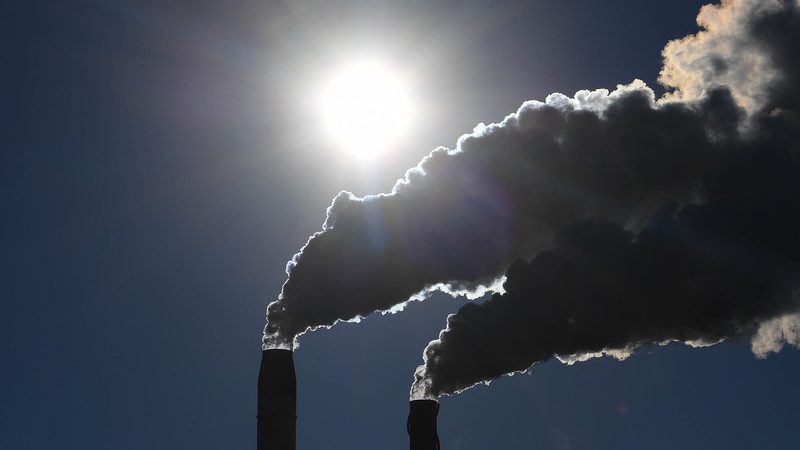Turkey at last approved the Paris Climate Agreement at the parliament and it entered into force as of Oct. 7 after it was published in the official gazette.
Turkey was one of the few countries in the world that didn’t ratify the agreement, because the government opposed Turkey being listed as a developed nation at the agreement, which means the country will have more responsibility on climate than developing nations. Lawmakers protested this detail of the agreement while approving it.
Murat Kurum, minister of Turkish Environment and Urbanization, said he hoped the decision would help the country achieve net zero carbon status by 2053. Turkey is aiming to reduce the rise of emissions by 21% by 2030, Platts learned.
Turkey will update its targets of emissions in manufacturing, energy, waste, transportation, agriculture and in other fields in this regard and the subtopics of the planned work will be addressed in the Climate Conference that is expected to be held in January 2022.
Turkey published its “medium-term (2022-2024) economic program” on Sept. 5 in the official gazette, which was a program focusing on sustainable growth and “Green Transformation” in the nation’s key industries, including steel, to help achieve a more source-efficient, greener economy, as Platts has reported.
“Within the scope of the Turkey-EU Customs Union, necessary work and preparation will be made in dialogue with the EU by coordinating the public sector, the private sector, non-governmental organizations and universities to ensure adaptation to the European Green Deal regarding Turkish exports to the EU,” it said in the program.
Turkey’s “Green Deal Action Plan” proposes 32 targets to adapt with the EU’s Carbon Border Adjustment Mechanism (CBAM). In this regard, studies for a national carbon pricing mechanism could be also carried out, taking into account the EU’s carbon border adjustment mechanism and sectoral sensibilities.
Turkey will support research and development activities and technologies for green production. “Green Industrial Zones” will be constituted in this regard.
The Turkish steel sector has already accelerated its investments for “Green Steel Production” in recent years, like solar energy plants, metal recovery services and EAF quantum electric arc furnaces, reducing both operating costs and CO2 emissions.
— Cenk Can






